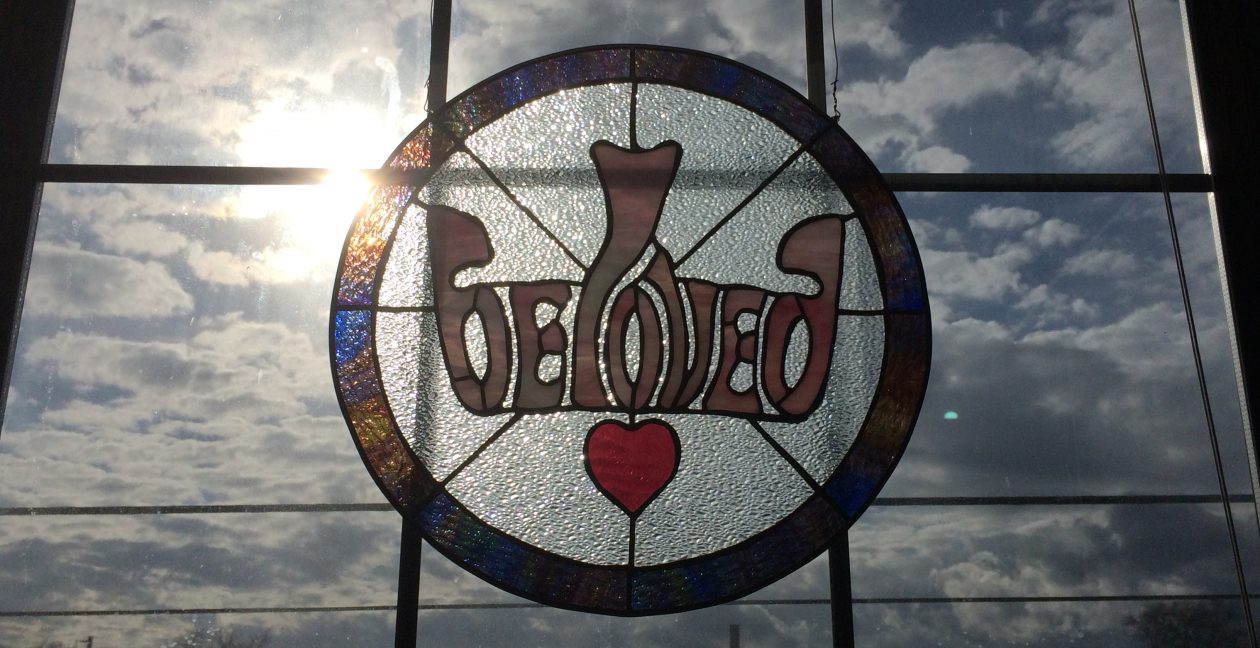|
Every Sunday, I tell my flock at Beloved Community Church:
“No matter where you have been, no matter what you have done, no matter what has been done to you, you are still precious in the eyes of God.”
I say this every week because I know that shame keeps so many people from walking into the wide-open arms of a loving God. So many of us have internalized a corrosive shame not only for mistakes we have made and wrong turns we have taken, but for who we are and even for what others have done to us.
People have pointed their fingers at us (ok, even the middle one), shamed us, to the point that we believe the lies they have told us about ourselves. Many of us have internalized a shame for who we are, or for who we are not. Our parents may have convinced us that we just were not enough – not good enough, not smart enough, not pretty enough, not strong enough, not giving enough; somehow we failed them when their lives didn’t measure up.
Some hear every day that there is something shameful about who they are as a people. For African-Americans, this dehumanizing public shaming has been codified, enshrined in custom and law, and justified by scripture. If you want to think that this no longer happens, look to last week’s release of a federal Department of Education study documenting that Black children make up about 18 percent of children in preschool programs in schools, but almost half of those who are suspended more than once. Preschoolers are being shamed and internalizing that shame, and it is corrosive to the soul.
But it’s not just race – it’s also about gender. Girls start to see themselves as sex objects as young as 6 years old. They are losing their sense of self-worth as children and it is corrosive to the soul.
Public shaming happens to anyone who loves someone who society or community says they should not love. Certainly same-sex lovers are shamed. So are interracial couples and those who fall in love outside their religion, or tribe, taken literally or metaphorically.
And then there is the victim’s shame – what someone did to you becomes your own shame. The shame of the victim of rape – think of the girls who were tormented to the point of suicide after reporting gang-rape by popular football players.
Think of the shame someone feels when his or her spouse has had an affair – even though s/he has done nothing wrong. Children often internalize shame about their parents’ divorce, unless parents are intentional about reassuring them that it is not their fault. Victims absorb the shame of their own wounds.
Jesus didn’t deal in shame.
When I read the story of “the woman caught in adultery,” as it is commonly called (she was caught practicing adultery all by herself, right?), I think about the pointing of fingers, the public shaming. She was dragged into the public square, surrounded by men ready to stone her to death for her sin. This was what the religious law allowed.
Instead of pointing his finger at this sinful woman or even at judgmental and hypocritical men, Jesus knelt down and used his finger to draw in the sand. Without looking anyone directly in the eye, he said, ‘you who is without sin throw the first stone.’ The men slowly walked away, some dignity and integrity intact.
Instead of pointing his finger at the woman, he stood up and met her eye to eye.
He said to her, “Woman I do not condemn you. I will not shame you.”
He would not throw the first stone. He would not cast shame. He set her free, with the possibility of new life.
It’s tough to resist blame and shame, especially if you have been hurt or threatened. It’s tough to see the image of God in every person.
Sometimes it feels a lot better to point that shaming finger than to do something else with it even if it means drawing in the sand, to keep from pointing it at someone else, causing them to feel shame or blame.
But what abundant life we are promised when we learn to cease the pointing of the finger, the casting of shame.
-Rev. Angie Wright
